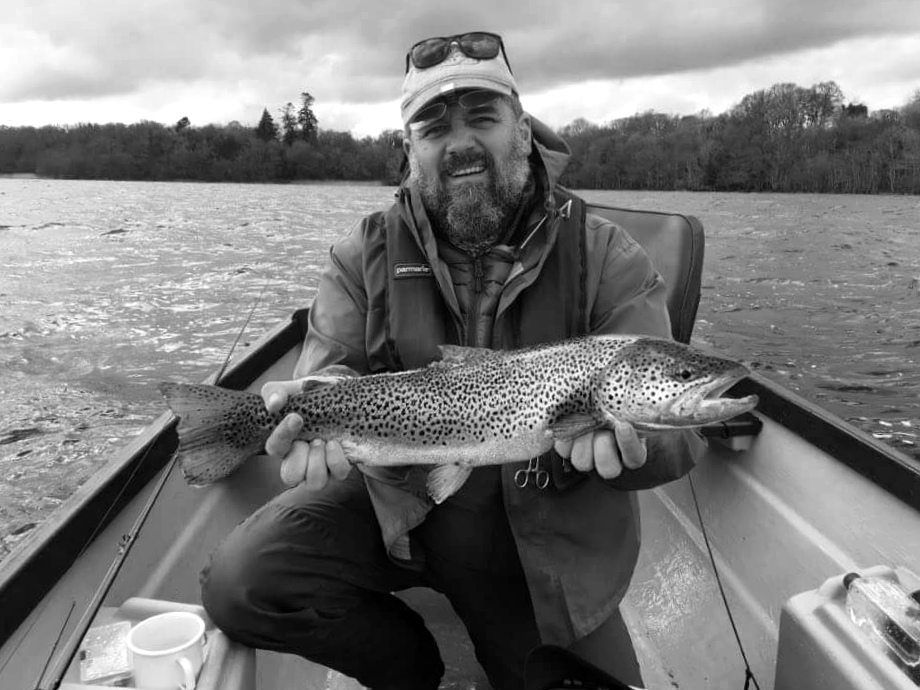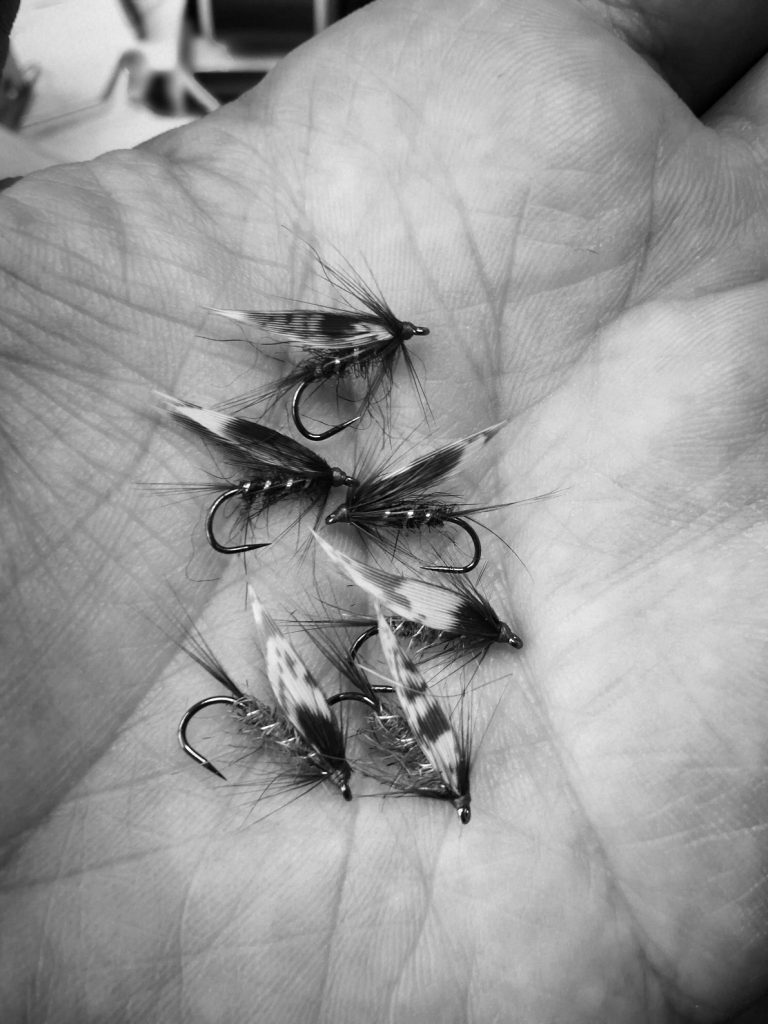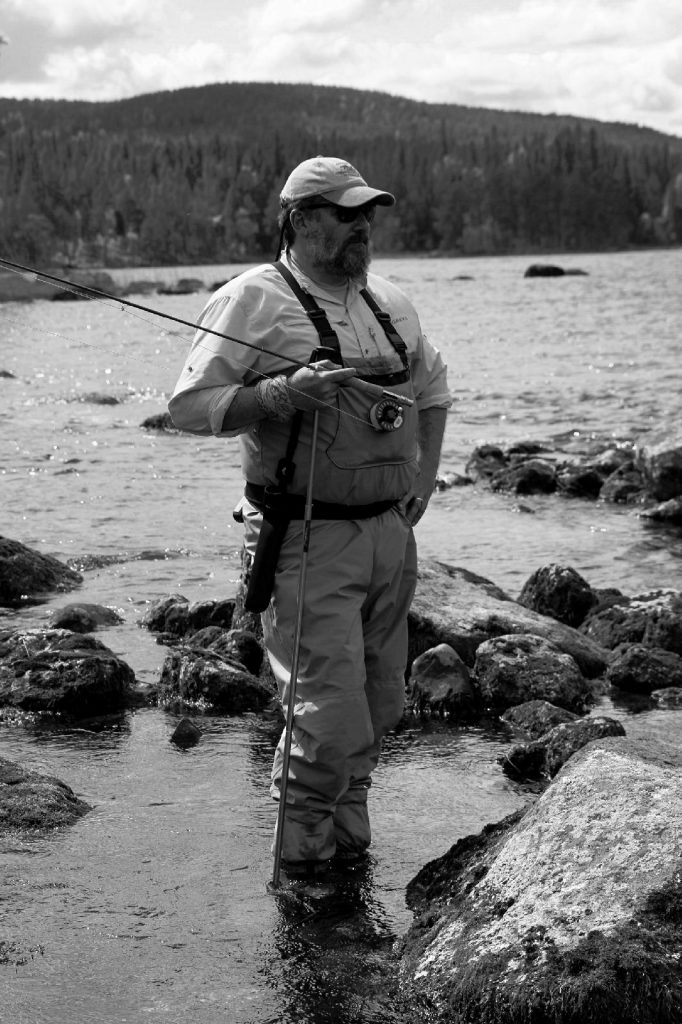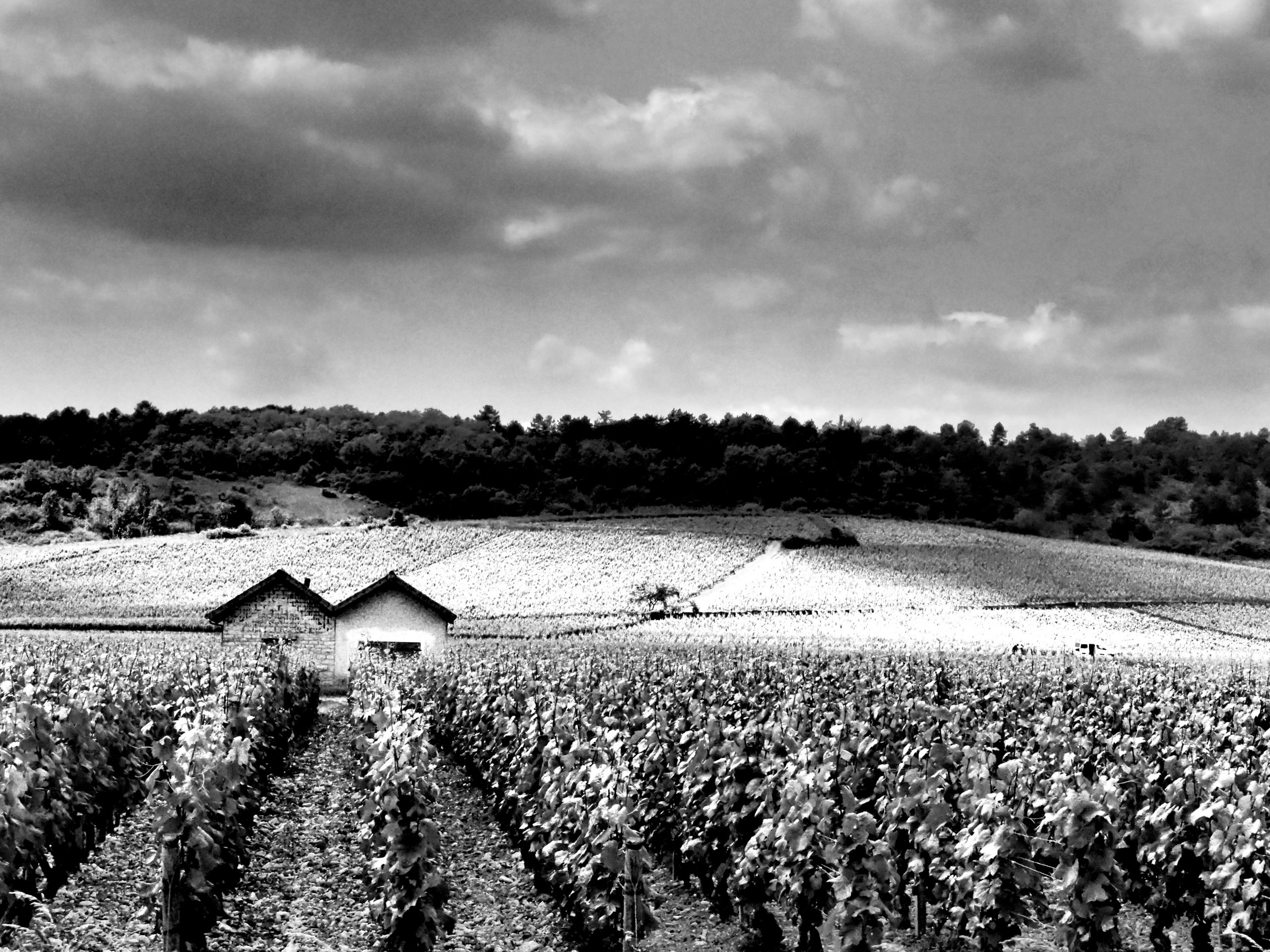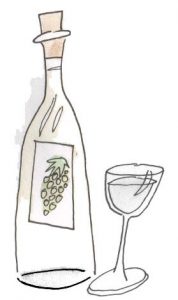classical quirky vino
The Wines
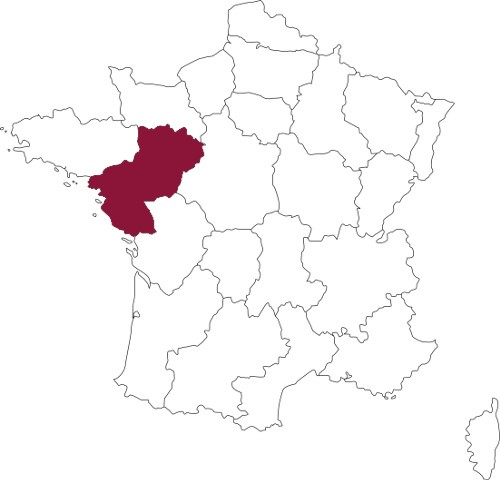

Sancerre 'Les Quarterons'
A blend of Riffualt’s different plots, Les Quarterons comes from grapes grown primarily on portlandien chalk soils. According to him, this soil type confers dramatic minerality, tension and elegance. The wine is fermented in stainless steel, undergoes full malolactic fermentation and is aged for two years on the lees before release.
Wonderfully textured, richly layered and intense, this will make you forget everything you think you know about sauvignon blanc.
quick facts
APPELLATION: Sancerre
VINTAGE: 2016
STYLE: white
GRAPE: sauvignon blanc
FARMING: organic
FERMENTATION: stainless steel
MATURATION: stainless steel
FILTRATION: unfiltered
ALCOHOL: 12%
CASE SIZE: 12

Sancerre 'Akmenine'
Riffault’s wife is Lithuanian, so they have given their single parcel cuvées Lithuanian translations of the original names. ‘Akmenine’ means ‘made of stones’ and comes from a plot on portlandien chalk. Fermented and aged on lees for two years in neutral oak, with six months in bottle before release. No added sulphur.
quick facts
APPELLATION: Sancerre
VINTAGE: 2103
STYLE: white
GRAPE: sauvignon blanc
FARMING: organic
FERMENTATION: oak
MATURATION: oak
FILTRATION: unfiltered
ALCOHOL: 13%
CASE SIZE: 12
Sébastien Riffault
Sébastien Riffault grew up surrounded by wine. His father is acclaimed Sancerre producer Etienne Riffault, so it was natural for Sebastien to study oenology. After completing his studies, however, he decided to travel to broaden his horizons. A six-month stint in London opened his eyes to natural wines. He got in touch with a few winemakers to learn as much as he could, before heading back to his family’s vineyards in Sury-en-Vaux in Sancerre.
Needless to say, his father took some convincing. The use of chemical herbicides had reduced the need to work the hard vineyard soils, so he couldn’t understand why his son wanted to go back to working with a horse and plough. Sébastien started with a small plot, and with every vintage he expanded and learned something new. The vineyards are a mix of vine ages, as plants are replaced individually as necessary, and each plot contains vines from 2 years up to 60 years old. While other vignerons in the area harvest in September, looking for the high acidity and herbaceous flavours that have become synonymous with sauvignon blanc, Sebastien routinely picks as late as October. This guarantees full maturity of the grapes, but also the presence of botrytis. His wines have a rich, broad profile packed with stone fruit, saffron and honeyed notes but maintain intense acidity.
Riffault’s wines are a far cry from what most people recognise as Sancerre, but more than any others, they represent the future as well as the past. According to Riffault, when his older neighbours taste his wines they tell him they are reminded of Sancerre decades ago. His approach to biodiversity recalls his grandfather’s time, when local farms produced jam, cheese and cereals as well as wine. It is surely only a matter of time before he is joined by others who see his natural approach as the only way to ensure sustainability for future generations.
